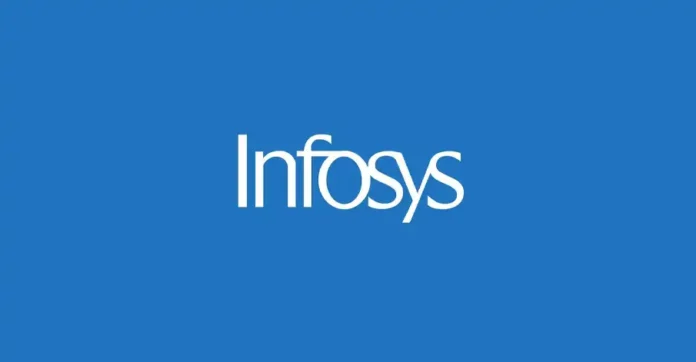
Following a better-than-expected performance in the October-December quarter, Infosys CEO Salil Parekh highlighted that the company’s large deal pipeline remained robust, with client sentiment around IT spending showing a positive shift.
For Q3, Infosys recorded a Total Contract Value (TCV) of $2.5 billion in large deals, with 63 percent classified as net new. Despite Q3 typically being a weak quarter, the TCV saw a slight increase from the previous quarter’s $2.4 billion. During the post-earnings call, Parekh noted an improvement in European financial services, stating, “We’re seeing an improvement in retail and consumer product industry in the US, with discretionary pressures easing.”
Discussing industry-wide demand, Parekh observed that stability persisted, with businesses continuing to prioritize cost efficiency over discretionary spending. “Clients are turning to us as the partner of choice when it comes to enterprise AI to transform their business for growth and to manage operations more efficiently,” he said.
Building on its strong quarterly performance, Infosys revised its revenue growth guidance for FY25 to 4.5-5 percent in constant currency terms. While an upward revision was largely anticipated, the extent of the increase exceeded market expectations, which had projected a rise to 4.5-4.75 percent from the previous 3.75-4.5 percent in Q2. This marks the eighth revision in revenue guidance over the last nine quarters. However, the EBIT margin forecast remained steady at 20-22 percent.
Additionally, Infosys CFO Jayesh Sanghrajka pointed out that clients’ perspectives on IT investments have turned more favorable, particularly as election-related uncertainty in the US diminishes and interest rates ease. “While the focus remains on cost optimisation, spending towards new growth areas like AI, cloud adoption, cybersecurity, data, and analytics is observed,” Sanghrajka said.
Sanghrajka also noted that the deal pipeline continues to be strong, featuring a mix of both large and smaller deals, with an emphasis on portfolio rationalization for cost efficiency. He further stated that Q3 witnessed growth in the overall deal pipeline, driven primarily by large deals, while smaller deals remained stable. “We are seeing some signs of recovery in discretionary expenditure retail and consumer packaged goods (CPG) verticals in the US,” he added.




